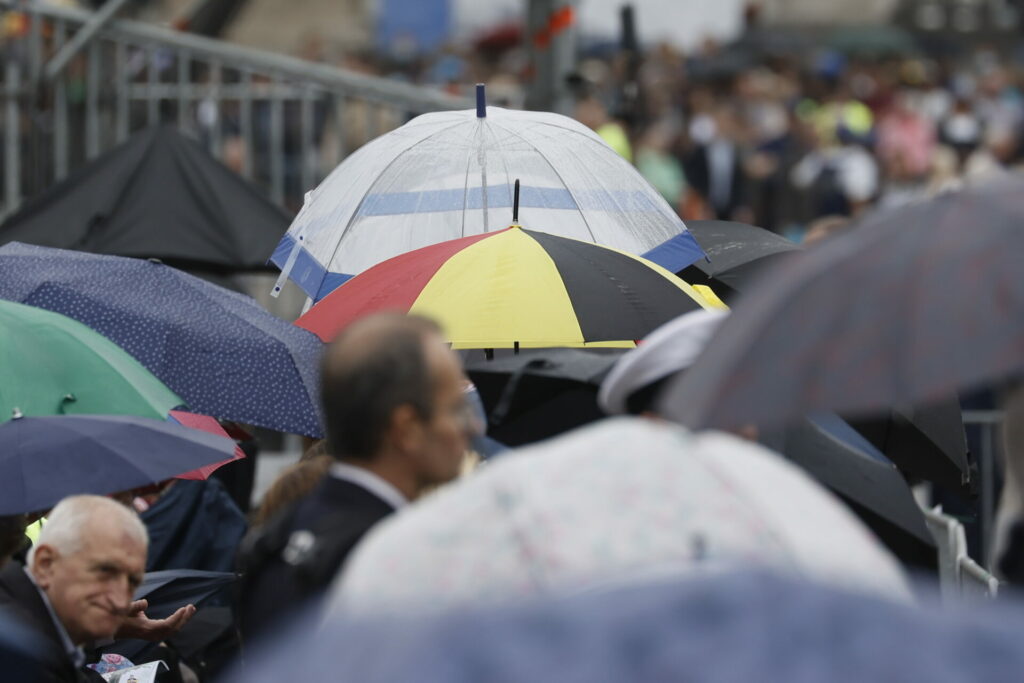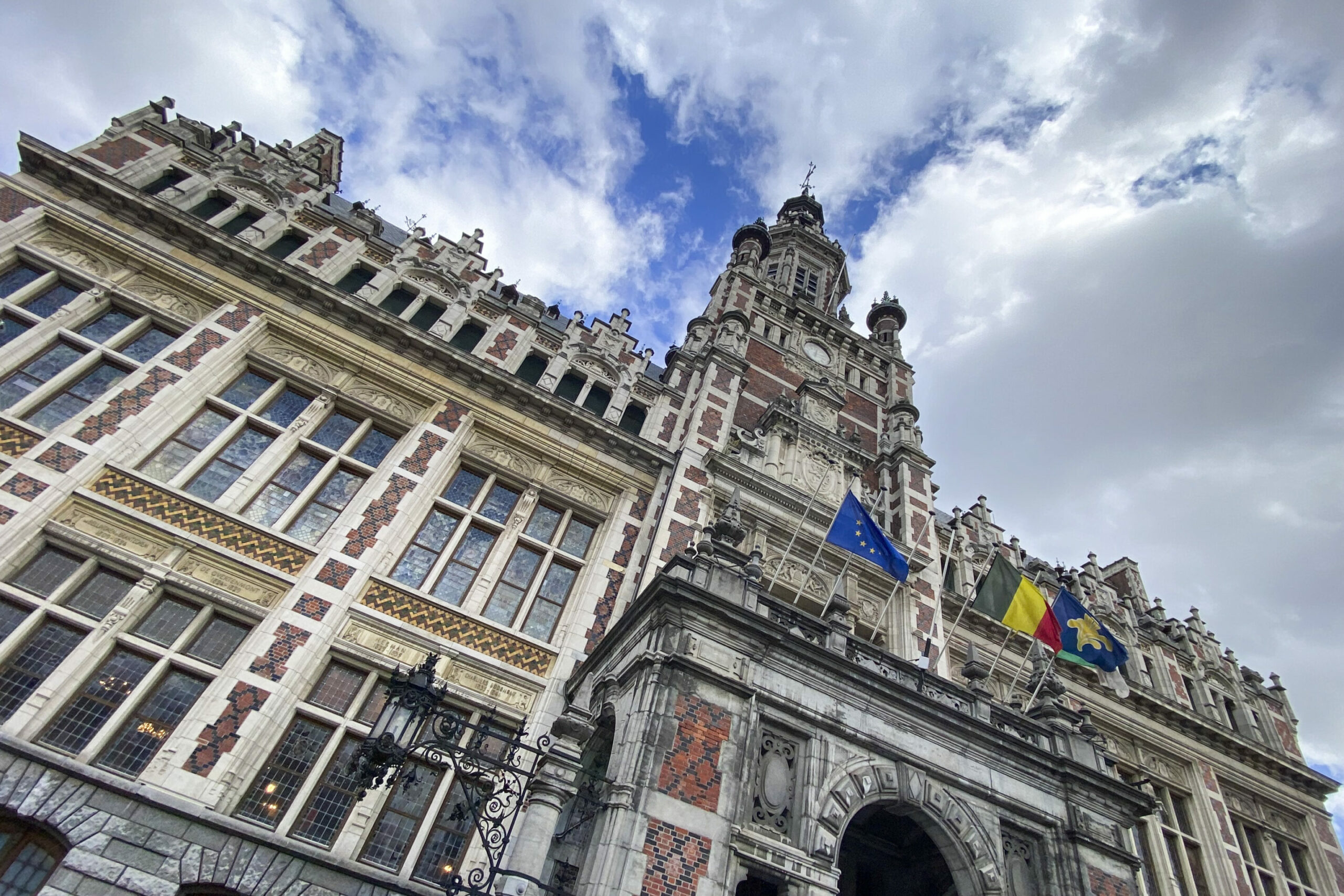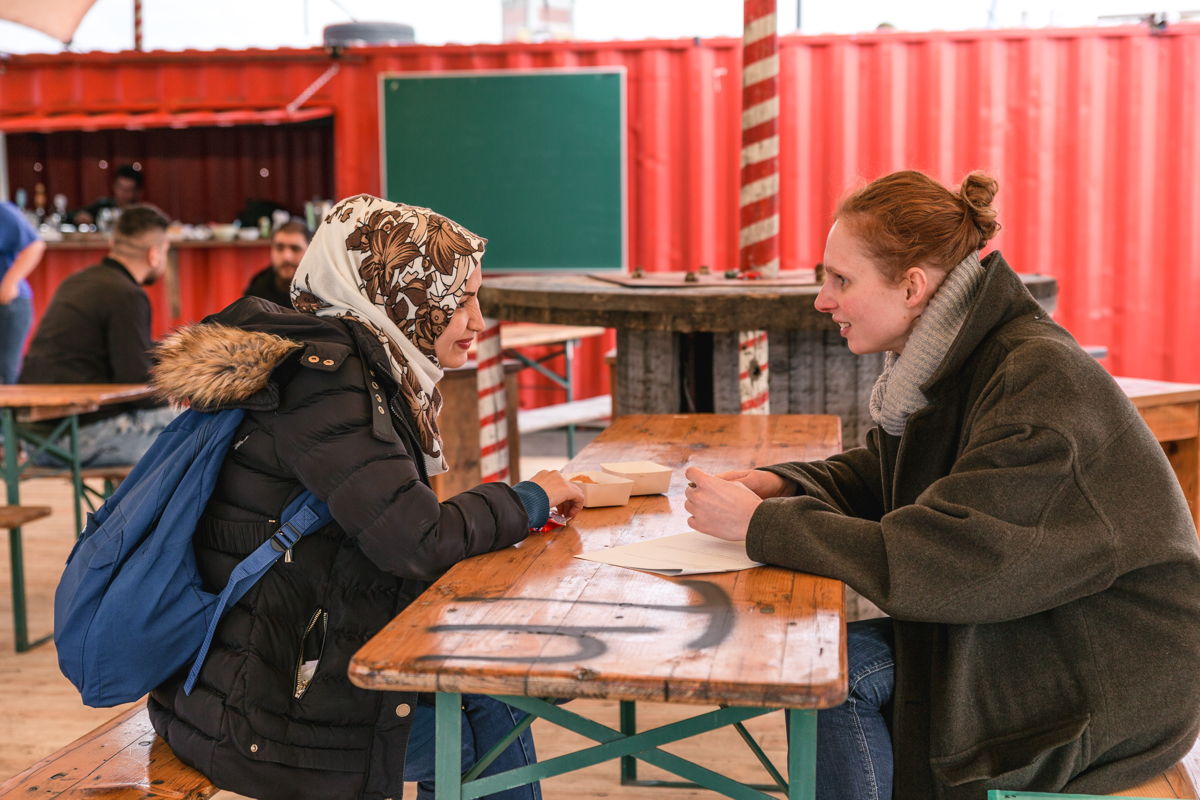New measures part of wider push to make Belgian citizenship harder to obtain;
✔ 600% increase in fees
✔ Highest citizenship cost in Europe
✔ Fee will be non-refundable, even if application is denied
Belgium raises cost of obtaining citizenship to €1,000

Getting Belgian nationality will soon become much more expensive. The new Federal Government has decided to increase the cost of the application procedure from €150 to €1,000.
The increased cost of the 'declaration of nationality' procedure to become Belgian was included in the coalition agreement. Last weekend, it was presented as part of the Federal 'Easter agreement' alongside what the government calls the country's "strictest asylum and migration policy ever."
"Obtaining our nationality is an important milestone in a successful migration and integration process," Federal Minister for Asylum and Migration Anneleen Van Bossuyt told The Brussels Times.
"Belgian nationality – and with it, EU citizenship – offers newcomers many rights and opportunities. That is why it is important that this step does not just follow automatically, but is accompanied by responsibilities. Also on a financial level," she added.
Among the most expensive
In 2023 (the latest available figures), a record of almost 55,000 newcomers – ranging from asylum seekers to expats – were granted Belgian citizenship.
Currently, internationals who follow the 'declaration of nationality' procedure or the naturalisation procedure to obtain Belgian nationality have to pay a registration fee of €150, which roughly equates to the administrative costs.
With this measure, the registration fee would rise to €1,000 – a nearly seven-fold increase in the amount to be paid. While this is much lower than the initially proposed €5,000, it still makes the process one of the costliest in the EU, only behind Austria, Ireland and the Netherlands. Should the application be refused, applicants will not be refunded (the current €150 fee is not refunded either).

Town Hall of Schaerbeek. Credit: Bekga/Thierry Roge
However, migration and integration expert Thomas Huddleston (University of Liège) believes that "taxing Belgian citizenship is a terrible idea for the economy and integration," he told The Brussels Times.
"In French, they say une fausse bonne idée [a false good idea]. While raising the cost of naturalisation sounds like something that is going to help the economy and integration, it actually does the exact opposite," he said. "Setting such an artificially high cost tells most immigrants, including expats and high-income ones, that citizenship is not for them."
Numerous economists have demonstrated that there is a 'citizenship premium' for new arrivals. "Immigrants who are encouraged to become citizens are more likely to put down roots in society, make big life decisions, and invest in their skills. When they then become citizens, more job and life opportunities open up to them."
More than migration policy
As a result, employers recognise their skills much better, are more likely to invest in their on-the-job training and hire or promote them. "So they get higher employment rates, but also higher wages, more secure jobs, more public sector jobs."
"So if the overall goal of the new Federal Government is to raise employment rates in Belgium – which ostensibly is the reason that all these measures are being adopted – this is contradicted by the idea of taxing Belgian citizenship," Huddleston said. "Citizenship is more than migration policy. This idea of a strict migration policy is in conflict with their goal of promoting employment and labour market integration."

Non-EU newcomers already have to take Dutch classes and pass a social orientation course test, among other things. Credit: Cabinet Pascal Smet
On top of the increased cost, anyone who wants to become Belgian will now have to take a compulsory and binding "nationality examination," consisting of a citizenship test (showing an understanding of the neutrality of the government and equality between men and women) and a language test.
The required language level will be increased to B1 (independent speakers). Newcomers must pass the test, as social or economic integration will not be sufficient to prove their language skills.
As before, the language is determined by the Region in which they applied for the nationality: in Flanders, they must take a Dutch language test. In Wallonia, they will take a French exam. In the German-speaking community, it will be German. And in Brussels, it can be Dutch or French.
Until now, Belgian citizenship was obtained by providing proof of successful social integration (such as a Belgian education or vocational training diploma, by certifying an uninterrupted professional career or showing that they have followed an integration programme), as well as proof of knowledge of one of the three national languages.
'As soon as possible'
As many things in Belgium, integration programmes are not a federal responsibility, but a competency of the different language communities – making it different for those who want to apply through the Flemish or Francophone system.
In Flanders, this procedure was recommended for everyone, but only compulsory for non-EU nationals wishing to settle in Flanders. In the French-speaking community, the procedure was also compulsory but neither binding nor controlled.
These new measures will enter into force ten days after their publication in the Official Gazette, which will happen "as soon as possible."
